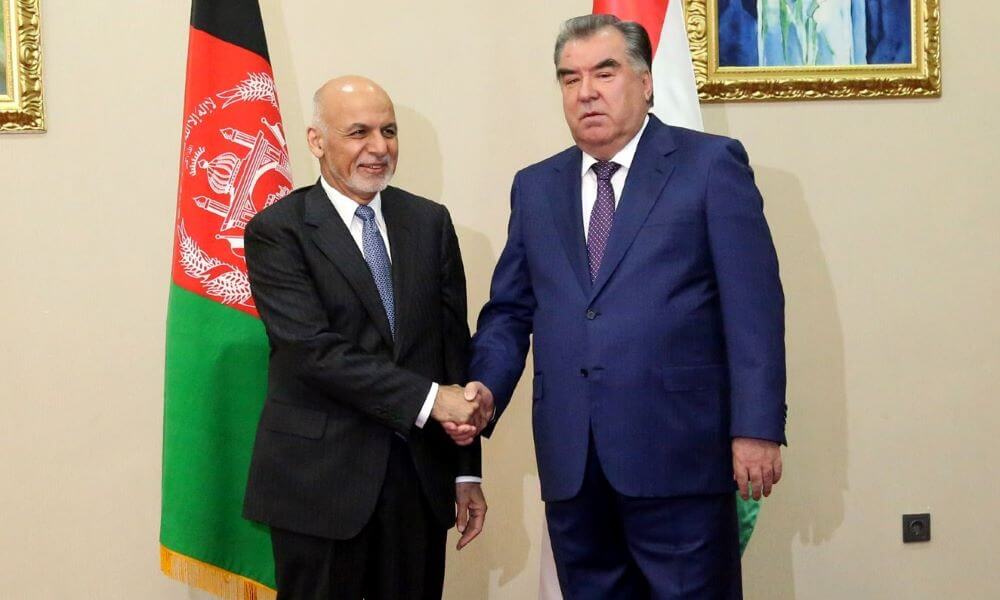Last week, the foreign ministry of Afghanistan announced that Kabul plans to enter a strategic partnership agreement with its neighbouring country, Tajikistan. While the statement was made on Thursday, just hours after Afghanistan’s acting Foreign Minister Mohammad Haneef Atmar concluded talks with Tajikistan’s Foreign Ministery Sirojiddin Muhriddin during the former’s two-day visit to Dushanbe, Tajik officials have not commented on the plan or their intentions to sign it, and are also yet to respond to the Afghanistan government’s statement.
During the talks, Atmar had insisted that his country needs urgent access to Dushanbe’s electricity exports, which the country had reduced by 90% due to a harsh decrease in reservoir water levels in late July that led to major complications at its main hydroelectric power station. The two sides also discussed the implementation of new infrastructure and transport projects, trade and energy transfer, and their joint fight against terrorism.
Currently, Tajikistan has strategic partnership agreements with Russia, China, Kazakhstan, and Uzbekistan. Its deal with Moscow allows nearly 7,000 Russian troops to be stationed in the country till 2042, with the aim of providing the state with security against militancy and the spillover impacts of the withdrawal of international troops from its neighbour Afghanistan.
Earlier this month, a delegation from Tajikistan’s State Committee for National Security made a working visit to Afghanistan to exchange views about the enhancement of security ties, state border protection, and fight against international terrorism and drug trafficking. The two sides fully agreed on these issues, stressing that the two brotherly nations were ready to expand and strengthen their integration in the economic, security, political, and cultural spheres, thereby contributing to regional stability and peace. The meeting identified that the end of the Afghan war and the prevention of violent acts were the two most important factors to ensure security. The discussions concluded after both delegations recognized that visits between the two sides must be organized regularly to improve the quality of bilateral ties and that the long borders they shared must be deemed friendly and safe.
Tajiks are the second-largest ethnic group in Afghanistan, comprising 27% of the country’s total population. A joint statement issued after the two countries’ Presidents met last month stressed the importance of interstate cooperation as a priority in both nations’ foreign policy. “A constructive exchange of views was held on the active participation of both countries in the implementation of small and large regional and international projects in various fields, including energy and the implementation of the CASA-1000 project,” the statement read.
Afghanistan Announces Plans for Strategic Partnership Pact with Tajikistan
Tajik officials are yet to comment on the deal.
September 21, 2020

Afghan President Ashraf Ghani with his Tajik counterpart Emomali Rahmon. SOURCE: ARIANA NEWS
